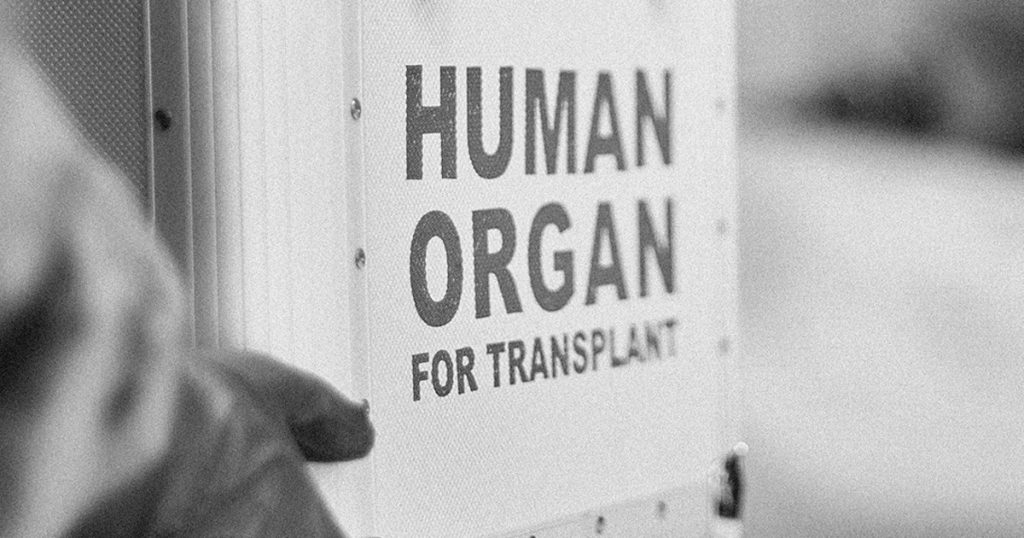A Houston hospital has temporarily stopped its liver and kidney transplant programs after discovering that a doctor manipulated records for liver transplant candidates, preventing them from receiving organ donation offers. The doctor, identified as transplant surgeon Dr. J. Steve Bynon Jr., admitted to changing patient records, but did not confirm this when contacted by The New York Times. The hospital ceased the liver transplant program on April 3 after uncovering irregularities with donor acceptance criteria, although it did not provide specific details about the issues found in the database used for matching donor organs with patients.
The U.S. Department of Health and Human Services is investigating the allegations of record manipulation, with a focus on ensuring patient safety and equitable access to organ transplant services. Data from the Organ Procurement Transplantation Network shows an increasing number of liver transplant candidates at Memorial Hermann dying while on the waitlist or becoming too sick for a transplant in recent years. Four patients died or were too ill for a transplant in 2021, with numbers rising to 11 in 2022, 14 in 2023, and five so far in 2024.
The hospital has not disclosed how long the transplant programs will remain closed and is working to provide care to affected patients. Memorial Hermann is in communication with the 38 patients on the liver transplant waiting list and 346 patients on the kidney transplant waiting list. Patients on waiting lists do not receive organ offers when a transplant program is halted, but they continue to accumulate waiting time, which may be transferred to another program if necessary. Each transplant program has its own criteria for evaluating and accepting candidates, and patients may be on multiple waiting lists simultaneously.
The doctor responsible for manipulating patient records, Dr. J. Steve Bynon Jr., has been employed by the University of Texas Health Science Center at Houston since 2011 and led Memorial Hermann’s abdominal transplant program under contract. The hospital has not provided further details on the specific changes made to patient records or the extent of the irregularities in the database used for matching donor organs with patients. The kidney transplant program was also halted as the liver and kidney programs shared the same leadership at Memorial Hermann.
Memorial Hermann’s decision to halt its liver and kidney transplant programs has raised concerns about the impact on patients awaiting vital organ transplants. The hospital’s commitment to patient safety and equitable access to organ transplant services is under scrutiny, with the Department of Health and Human Services pursuing appropriate enforcement and compliance actions to protect the integrity of the organ procurement and transplantation system. Patients affected by the temporary closure of the programs are being supported in accessing care and navigating the implications of the situation as they await further updates on the status of the transplant programs.


